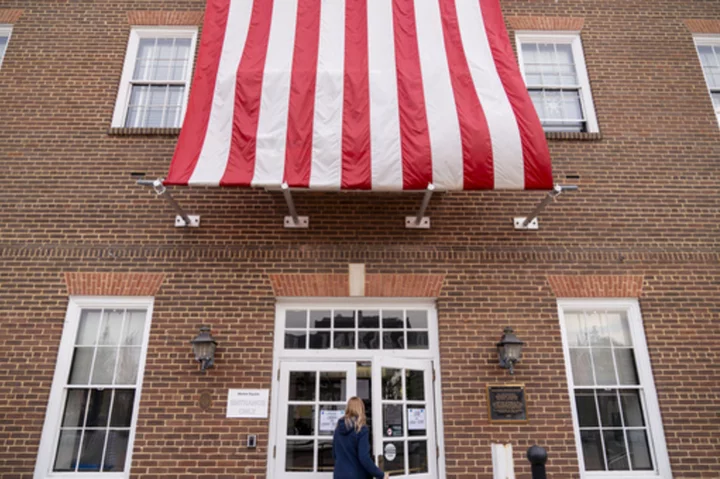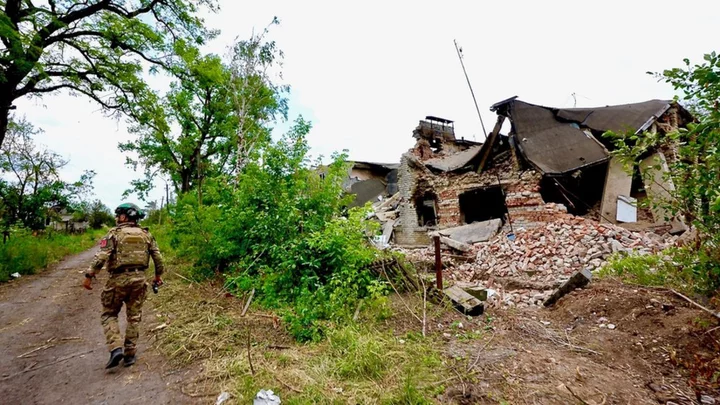WASHINGTON A U.S. congressional committee questioned the U.S. Navy on Thursday over what it called "alarming delays" in weapons deliveries to Taiwan, asking why production sometimes languished for months or years after purchasing deals were signed.
Time was running out to deter military action by China toward democratic self-governing Taiwan, which Beijing claims as its own territory, Representative Mike Gallagher, chair of the House of Representatives' select committee on China, along with Representative Young Kim, said in the letter to Secretary of the Navy Carlos Del Toro.
"Bureaucratic delays within the Navy are impeding the timely production and delivery of key weapons to Taiwan – including critical anti-ship missiles – and undermining efforts to prevent war," the lawmakers wrote.
They highlighted the need for anti-ship Harpoon and SLAM-ER missiles, both of which the U.S. has agreed years ago to sell to Taiwan.
It took until April 2023 for the Navy to enter a contract for production of 400 ground-launched Harpoon missiles to Taiwan, the lawmakers wrote, noting that was 2-1/2 years after the Defense Department's October 2020 announcement of the sale to Taiwan of the weapons. That risked putting delivery beyond 2027, the year U.S. officials say is China's target date to be ready to conduct an invasion.
Gallagher and Kim said 10 months after Taiwan's December 2022 acceptance of deals to buy 60 air-launched Harpoons and 135 SLAM-ER missiles, the Navy still had not asked contractors to submit bids for production. Such lengthy timelines were not unique to those two systems, they added.
"The inability to supply key weapons at such a consequential moment in our efforts to prevent war is deeply troubling," they said, asking the Navy to clarify deadlines for Harpoon delivery and requests for bids for those missiles, and provide assessments for speeding up contracting and production.
China has repeatedly demanded the U.S. end what Beijing sees as Washington's provocative support for the island's military.
The U.S., which like most countries has no formal relations with Taiwan, is the island's most important arms supplier, and top U.S. military leaders also have acknowledged the need to speed up delivery.
Taiwan has in recent years complained of delays to other U.S. weapon deliveries, such as Stinger anti-aircraft missiles. Taipei has asked the U.S. at times to turn to alternate suppliers or allies to help source equipment.
(Reporting by Michael Martina; Editing by David Gregorio)









